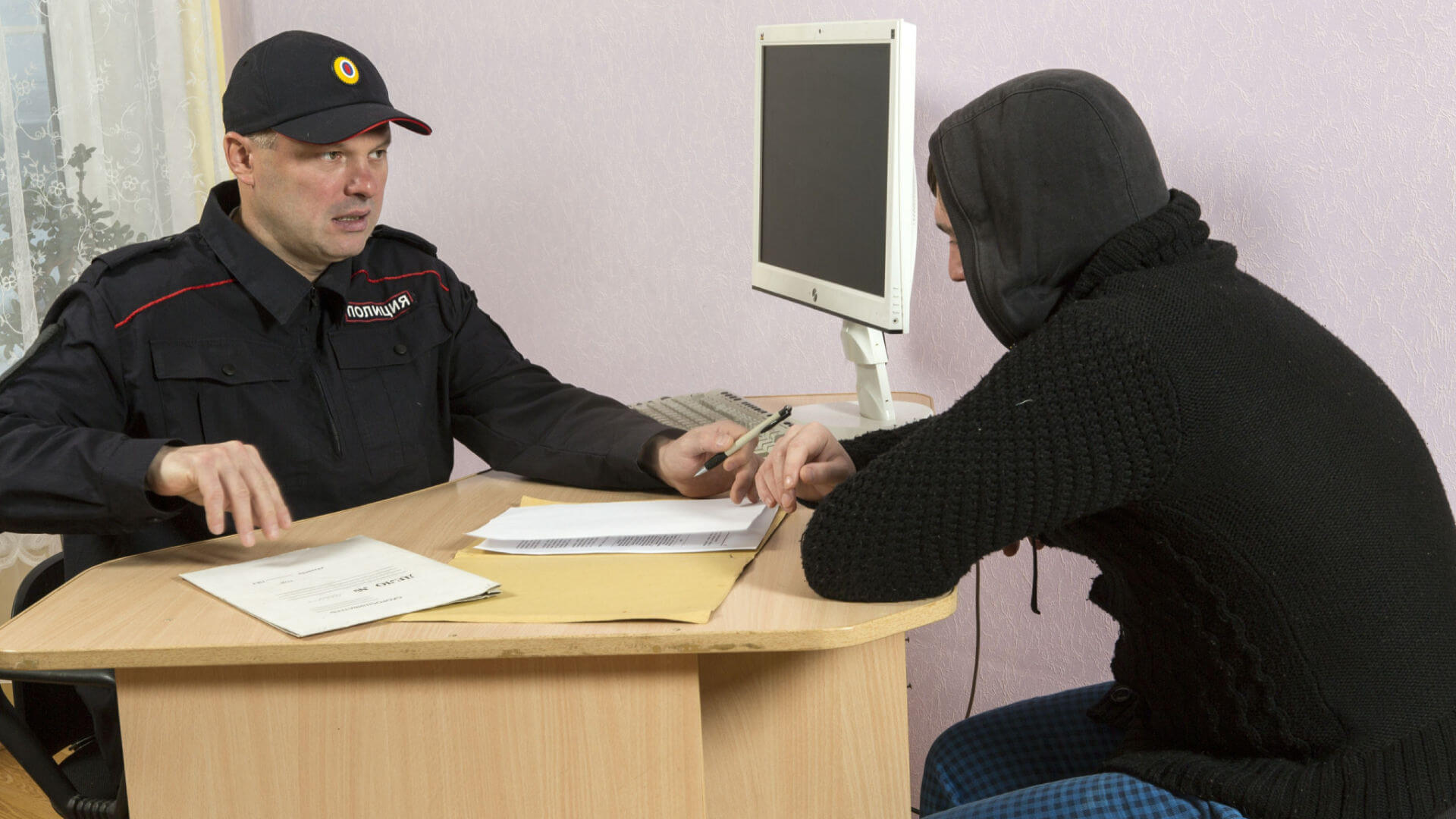What Are the Rules of Probation?

The best way to remember the difference between parole and probation is that parole shortens a prison sentence and probation avoids it altogether. If you’re on probation, you don’t go to prison and are released under supervision, or the court decides you will serve a portion of your sentence on probation at your sentencing. When you’re under probation, there are specific rules you have to follow.
There are several different types of probation programs, similar to the different types of parole. They each serve the purpose of rehabilitation and punishment but try to fit the crime and the rehabilitation the defendant needs appropriately. For the most part, they each follow a similar set of rules, with the more extreme types having extra rules for their probation.
What Are the Rules of Probation?
There are thirteen different rules of probation that everyone on probation must follow in Pennsylvania. There are some exceptions to when one can break certain rules without punishment, but most come in the case of emergencies.
- The defendant on probation cannot leave the judicial district. If they have permission from their local criminal court and/or probation officer, they may leave.
- The defendant will report to the probation officer as often as the court or probation officer decides. Emergencies that cause the defendant to miss a meeting must be reported with proof to the probation officer.
- The defendant will always tell the truth to the probation officer and answer their questions.
- The defendant will support their dependents. Dependents can include children, elderly family members, and family members with special needs.
- The defendant must maintain lawful employment. If the defendant struggles to find employment, there are services available to help them find employment. This must be reported to the probation officer, who can excuse them from employment for reasons like training and schooling.
- The defendant must notify the probation officer of any change in residence or employment ten days prior. There are exceptions when the defendant is fired or forced from their residence without notice. They must then immediately notify their probation officer.
- The defendant cannot drink excessive amounts of alcohol and cannot have any substances or drug paraphernalia not prescribed by a physician.
- The defendant will not frequent places where controlled substances are illegally sold, used, distributed, or administered. If someone else brings these substances into a location they can’t avoid, they must report it to their probation officer.
- The defendant will not associate with someone engaged in criminal activity or convicted of a felony unless their probation officer gives permission. This special permission is usually permitted for co-workers who are also ex-convicts, support groups, and certain family members, particularly dependents and spouses.
- A probation officer is allowed to visit the defendant at any time at home or elsewhere and confiscate any contraband they see on the defendant.
- The defendant must notify their probation officer within 72 hours of being arrested or questioned by a law enforcement officer. This includes being pulled over for traffic violations.
- The defendant cannot become an informant or special agent for any law enforcement agency, state or federal, without the permission of the court.
- If the defendant’s charge requires them to notify third parties such as neighbors and co-workers, they must do so as directed by their probation officer.
What Are the Punishments for Breaking Probation?
Depending on how you broke your probation, your probation officer may arrest you. They may decide that an arrest is not necessary because the reason you failed to report to them on time was because of a car accident. If they do arrest you for breaking your probation, you have the right to an attorney for the probation violation hearing. There you will plead your case as to why you had to break your probation or how you did not.
Depending on your original crime and the severity of how you broke your parole, you may serve out the rest of your probation in prison, see your probation period extended, or receive a worse version of probation, such as house arrest.
A probation officer may arrest you on an accusation of committing a crime. They do not need reasonable proof to arrest you, though if they do not, they can face employment consequences themselves.
Contact the Probation Attorneys at MVSK Law
While on probation, you are so close to freedom. If you find yourself being accused of breaking your probation due to a misunderstanding, an unfair probation officer, and/or a failure to explain to you the rules, you need a probation attorney for help.
The probation attorneys at Mazzoni Valvano Szewczyk and Karam have the experience you need to fight for your freedom. Contact us today.

